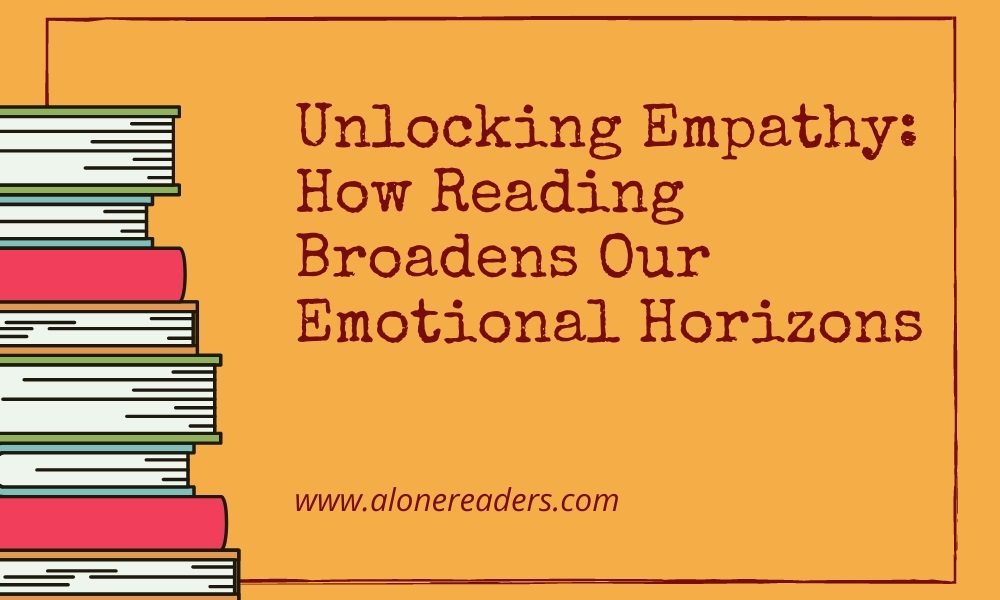
Reading is not just a solitary activity or a means to gather information; it is a powerful tool to foster empathy and understanding. By delving into the lives of characters, understanding complex narratives, and exploring different cultural and historical contexts, reading can significantly expand our emotional depth and interpersonal skills.
Empathy, the ability to understand and share the feelings of another, is a crucial human capability that facilitates cooperation, compassion, and social cohesion. Psychologists and educators have long emphasized the importance of empathy in personal development and social interactions. One of the less discussed but profoundly impactful ways to develop empathy is through reading. Books offer a unique opportunity to step into another person's shoes, to live their experiences and emotions as if they were our own, all from the comfort and safety of one's own reading nook.
The relationship between reading and empathy is well-supported by scientific research. For instance, studies have shown that individuals who read fiction regularly exhibit better ability to understand what others are thinking and feeling. Fiction, with its complex characters and intricate plots, requires readers to interpret the motives and emotions of others, just as we do in real life. This literary engagement activates parts of the brain associated with social cognition and empathy, effectively training the reader to better empathize with real people.
Non-fiction, on the other hand, while often more directly informative, can also enhance empathy, especially when it involves personal narratives or histories that cover the struggles and triumphs of different peoples or individuals. Reading about the experiences of others in non-fiction formats can break down barriers of misunderstanding or prejudice, revealing the common human emotions and challenges faced by people across different times and places.
Moreover, reading allows us to experience a multitude of lives and circumstances that are often far beyond our daily experiences. For example, when we read about a character who is facing adversity, whether in a fictional story or a factual account, we not only learn about their struggle but also feel the emotions they go through. This emotional journey is not just an exercise in feeling; it is an educational experience that teaches us about resilience, justice, and the complexity of human nature.
Children and young adults, in particular, can benefit immensely from reading as a way to develop empathy. Schools and educational curriculums that incorporate a diverse range of reading materials can help nurture more empathetic future adults. When children read about different cultures, eras, and settings, they learn that the world is a vast place with numerous perspectives and experiences. This understanding can profoundly impact their ability to empathize with peers from different backgrounds or with different abilities.
However, developing empathy through reading is not limited to just personal development. It has broader social implications as well. In an increasingly globalized world, the ability to understand and empathize with people from various cultural backgrounds is invaluable. Reading is a tool that can help bridge cultural divides and foster a more inclusive and understanding society.
The benefits of reading also extend to emotional and mental health. Engaging with complex characters and stories can provide people with the emotional release of catharsis and help them process their own feelings in new and constructive ways. Furthermore, seeing characters navigate challenges, make decisions, and develop over the course of a book can provide readers with models for handling their own life's difficulties.
Incorporating regular reading into one's life is a simple, yet effective, way to enhance one's capacity for empathy. To maximize this benefit, it is essential to choose a diverse range of genres and authors. Engaging with a wide variety of books not only broadens one's literary horizons but also deepens one's capacity to understand and connect with others.
In conclusion, developing empathy through reading is a profound process that enriches our personal lives and enhances our interactions with others. Whether through the intricate dance of characters in a novel or the factual recounting of histories in non-fiction, books provide us with invaluable opportunities to develop our empathetic abilities. As we turn each page, we not only read with our eyes but also with our hearts, learning more about the world and, importantly, about each other. Therefore, it is imperative that we continue to promote reading not just for knowledge acquisition but as a crucial tool for building a more empathetic and cohesive society.